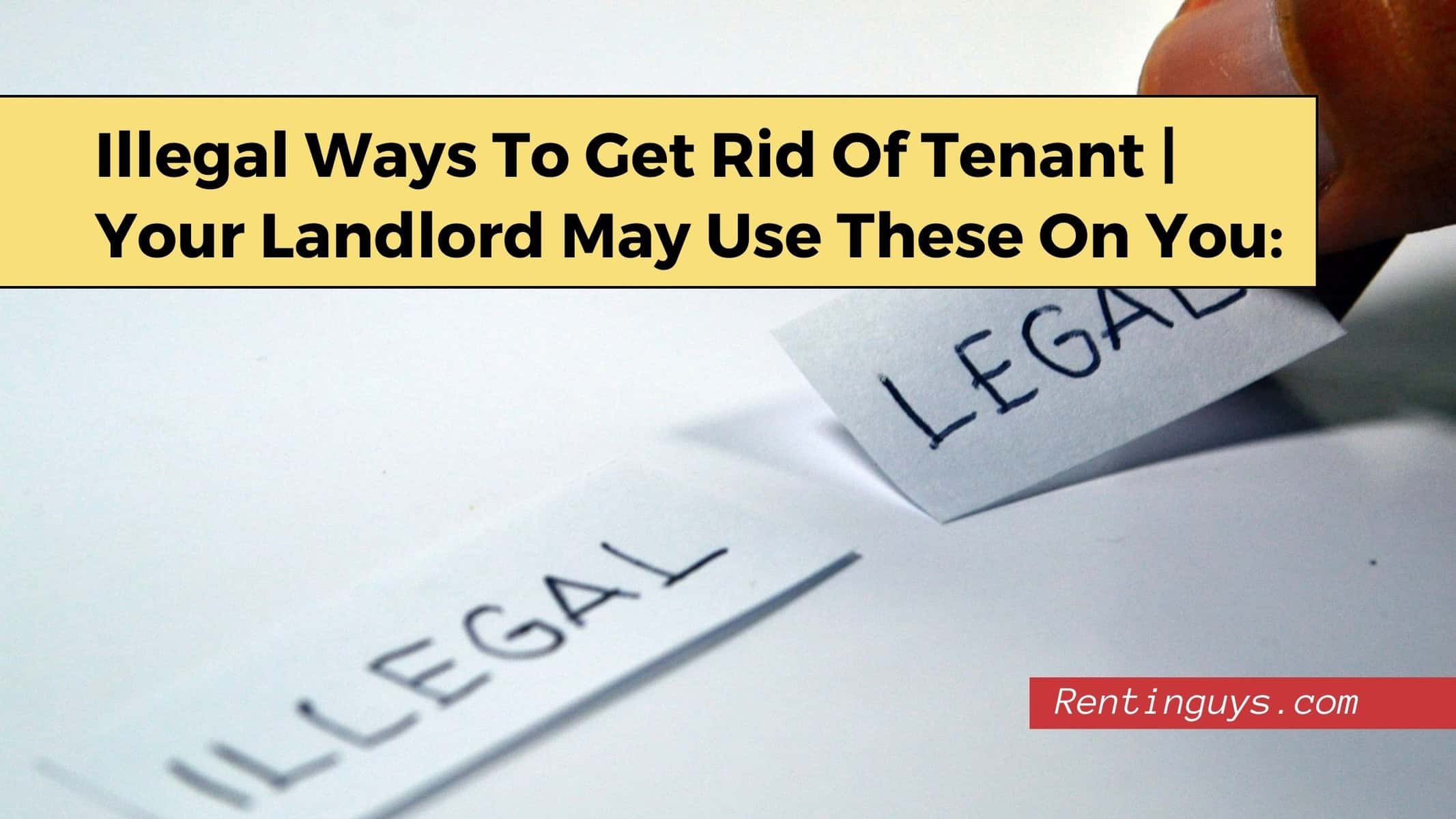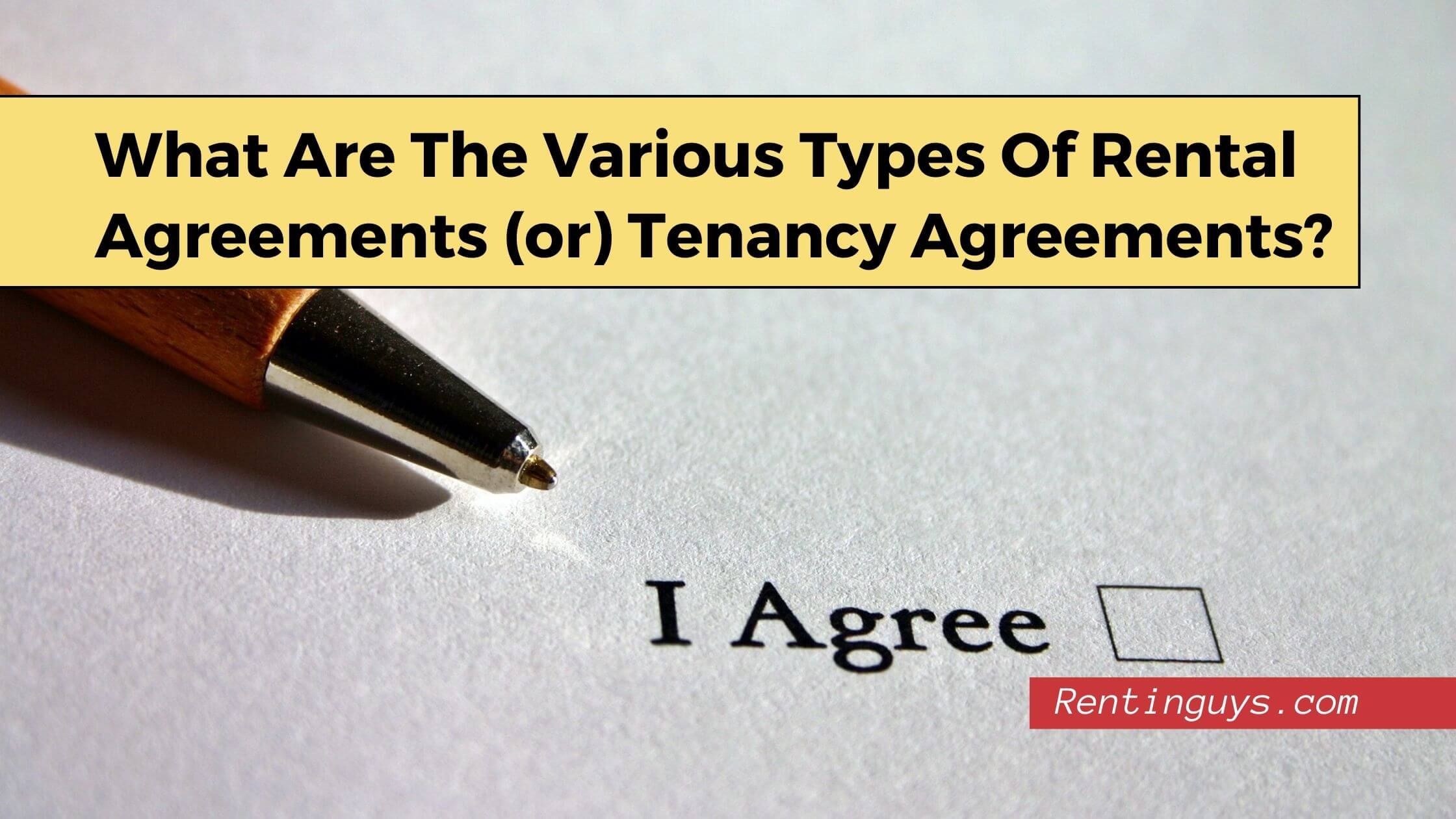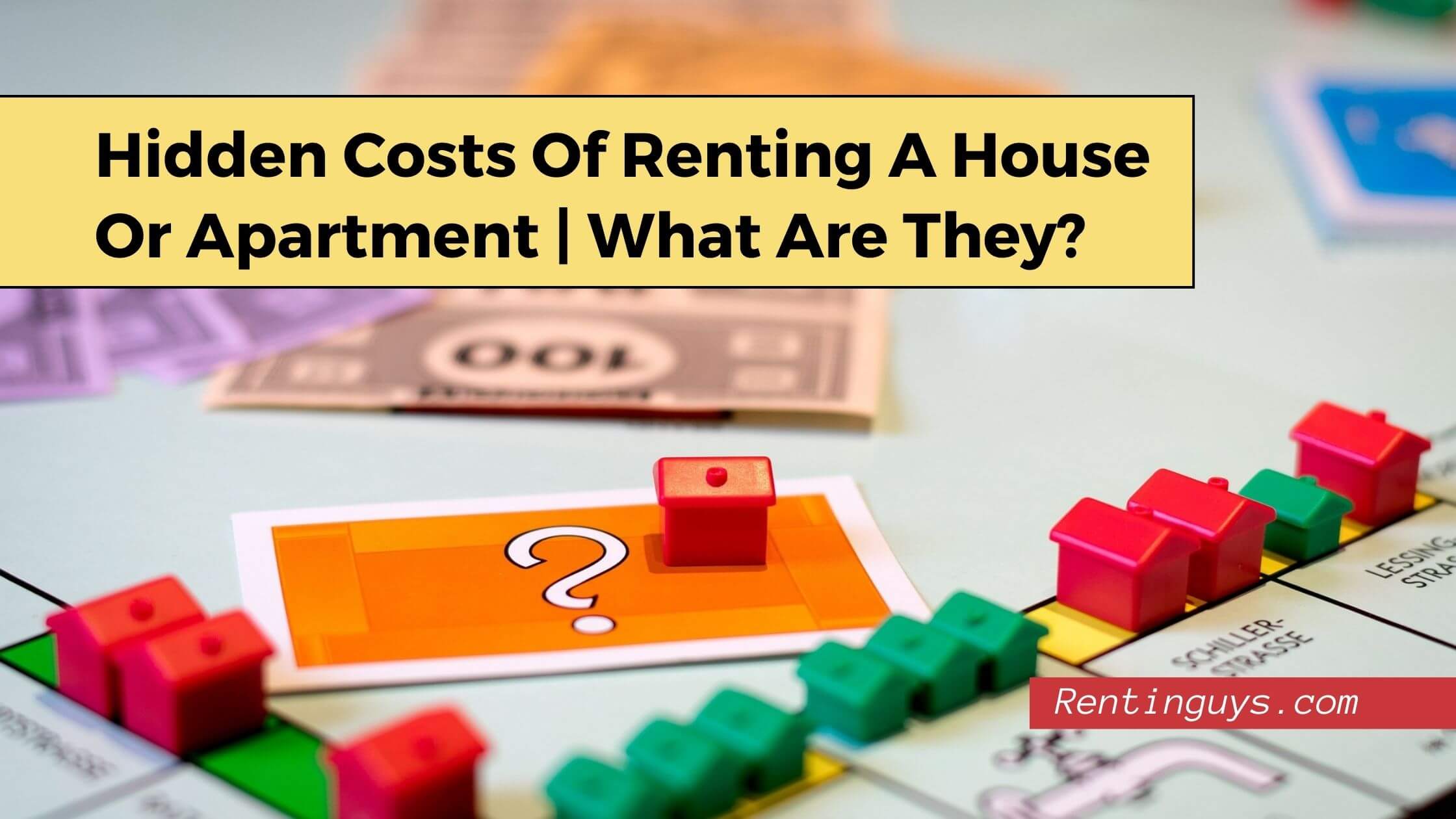Receiving an eviction notice is an anxiety-inducing nightmare for tenants.
Evictions are costly and time-consuming affairs, even for landlords. Moreover, landlords cannot evict tenants on their whims and fancy.
The housing laws are very strict towards the landlords when it comes to evictions. So most landlords use sneaky ways to get rid of tenants without giving a formal eviction notice.
Illegal evictions occur when a landlord denies a tenant from accessing a rented property or removes the tenant’s belongings from the unit through force, intimidation, or other unlawful actions.
Changing locks, switching off gas and water, and cutting off electricity are some illegal actions to get rid of tenants, used by a majority of landlords.
If your landlord is using any of these actions, you can contact a property lawyer to protect your rights as a tenant.
Illegal ways to get rid of a tenant
1. Entering the property without notice:
Though the property belongs to the landlord, he/she cannot enter the premises without proper notice.
The notice must mention the reason for the visit and the possible time of the visit. If the date or time of the visit is not convenient, you can ask the landlord to postpone the visit.
A landlord can only enter the premises without notice to conduct emergency repairs or when they believe that the tenant has abandoned the property.
Some landlords visit the property without any notice to disturb the tenants and force them to leave the property.
2. Locking you out of the property:
One of the most common ways used by landlords to force out their tenants is changing the locks and denying access to the premises.
However, it is crucial to note that the landlord cannot lock you out without a proper eviction notice even when they do not pay the rent for months.
3. Refusing to undertake repairs:
Landlords have the responsibility of maintaining the habitability of the property to ensure the safety and security of their tenants.
They have to act immediately and make repairs within a reasonable time, once you intimate them about the problem.
When the landlord wants to get rid of you without a formal eviction notice, he may refuse to make the repairs.
4. Increasing the rent:
The landlord cannot increase the rent without giving advance notice to the tenant.
Moreover, they cannot increase the rent until the end of the lease term. Even in month-to-month leases, they have to provide sufficient notice about the increase in rent.
If your landlord wants to get rid of you legally, he may suddenly increase the rent without notice and ask you to leave if you are not ready to pay it.
5. Cutting off utilities:
Water, gas, and electricity are basic utilities for comfortable living. Some landlords stop paying utility bills to cut off the utilities for the tenants and compel them to move out of the property.
6. Threats and intimidation
Landlords may issue threats to intimidate you and force you to vacate the house. They may threaten you with physical assault, throw your possessions out of the property, or spread rumors.
7. Violence or abuse
The landlord or his agent may resort to abuse and violence to forcefully throw you out of the property.
Violence can include physically assaulting you, moving out your belongings when you are away, or verbal abuse.
What to do when your landlord tries to evict you illegally?
Your landlord must serve an eviction notice to ask you to move out of the property.
The notice should contain the reasons for eviction. The landlord cannot forcefully move you or your belongings out of the property without an eviction notice.
If your landlord resorts to illegal methods to force you to vacate the property, you can approach the court to protect your rights.
If your landlord uses illegal ways to get rid of you, you must take the following actions.
- Contact the landlord – Clear communication is the key to clear misunderstandings and avoiding disputes. As soon as you notice that your landlord is trying to forcefully vacate you, talk to him. Inform the landlord that he cannot use illegal ways to move you out, and you will approach the police and the court to fight back.
- Call the police – if your landlord has locked you out or is threatening you, call the police immediately. Report the actions of your landlord to the police. It is important to have a record of communications with the landlord. Take photos and videos whenever possible or ask your neighbors to act as witnesses.
- Approach an attorney – A real estate attorney can help to protect your rights in case of illegal evictions. Approach an experienced attorney to discuss the actions of the landlord and how to fight them back. Real estate attorneys have in-depth knowledge of Federal, State, and local housing laws and landlord-tenant laws. They can guide you in the right direct direction and also tell you the remedies available.
- File a lawsuit – You must file a lawsuit within 90 days of the eviction. Your attorney will take care of filing the lawsuit. In case you cannot afford an attorney, you may look for free legal help to sue your landlord for illegal eviction. If you win the lawsuit, the court will order the landlord to allow you to move back into the unit. You can also sue the landlord for actual damages, and emotional stress and embarrassment caused by his actions.
The landlord cannot evict you without a written notice describing the causes of eviction. If the landlord uses force or other illegal measures to move you out of the property, it is known as illegal or retaliatory eviction.
Cutting off utilities, changing locks, refusing to undertake repairs, increasing the rent, threats, intimidation, and physical violence are some illegal ways to get rid of a tenant used by a majority of landlords.
If your landlord uses any of these measures, you can approach the court to protect your rights.







